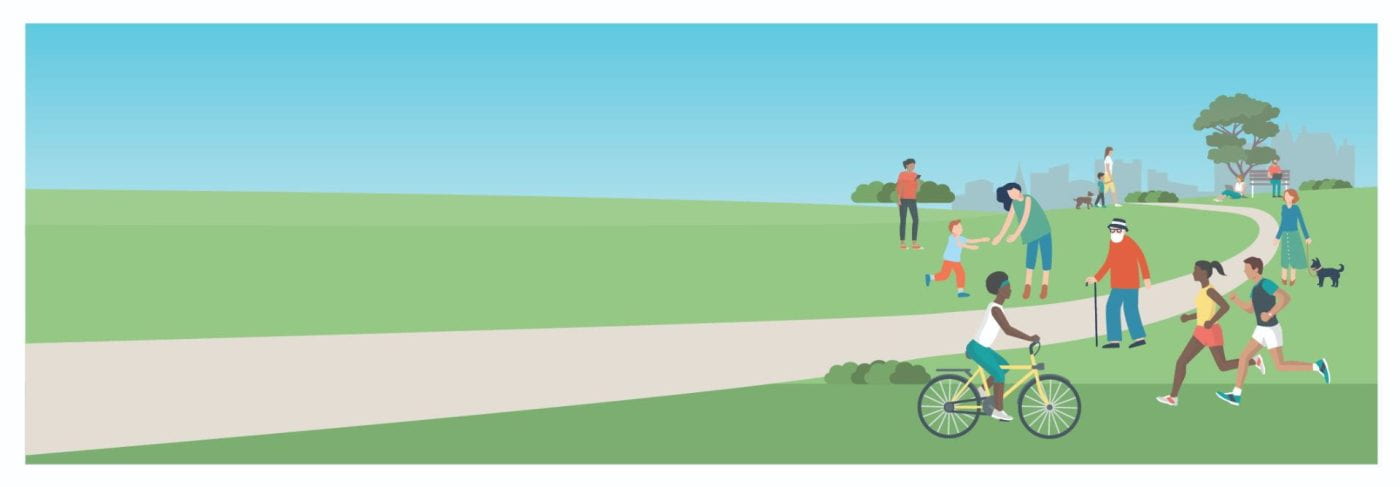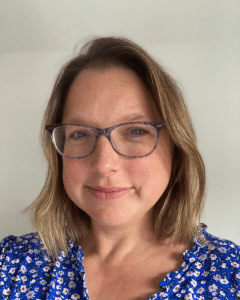Project links:
For further information for health professionals go to: FASD | Bristol Medical School: Population Health Sciences | University of Bristol
To download and share our video and materials go to: OSF | Improving Clinical Coding for Fetal Alcohol Spectrum Disorder (FASD)
The problem
Fetal Alcohol Spectrum Disorder (FASD) remains vastly under-recorded in electronic patient records in the UK. Although an estimated 2-4% of children in the general UK population and up to 27% of children in care are affected by FASD, few have this diagnosis documented in their medical records. This lack of proper documentation can lead to significant challenges for individuals with FASD and missed opportunities for better care, research, and policy-making.
Why accurate recording matters
Accurate recording of FASD in patient records is crucial for several reasons:
For people with FASD- Those with FASD expressed that the absence of FASD in their records often leads to “uncomfortable and unnecessary conversations” and makes navigating healthcare more challenging. Proper documentation would ensure that clinicians understand the need to provide care tailored to their needs.
This person with FASD explains: “I want them to note that I have FASD in my records. It won’t only just help me, it will help the other doctors as well to know to take things slower and explain things to me step-by-step”
For clinicians- Enhanced recording supports the implementation of the NICE Quality Standard for FASD, which is aimed at improving diagnosis and care pathways.
For data and research- Improved documentation would address significant gaps in data on FASD, enabling researchers and healthcare providers to better understand the prevalence and impact of FASD, ultimately leading to improved prevention and support strategies.
Addressing the issue: our knowledge mobilisation award
Led by Dr. Cheryl McQuire, James Parsonage, Amy Dillon and colleagues from the University of Bristol and beyond, we brought together a diverse group of stakeholders, including paediatricians, clinicians, data specialists, third-sector representatives, and researchers, to explore the barriers and facilitators to FASD diagnosis and recording.

The goal was to develop strategies for improving the uptake, consistency and accuracy of FASD coding in electronic patient records. These discussions, conducted through group and one-on-one online meetings, informed the creation of resources designed to promote the use of new SNOMED CT codes for FASD among clinicians.
Key focus areas for improvement
During the workshop, participants identified several critical focus areas for improving FASD recording:
Primary care emphasis- Targeting primary care records is essential due to their broad coverage, encompassing 63 million registered patients in England alone.
Clear guidelines- Summarise and provide easy access to the latest guidelines including those from the Scottish Intercollegiate Guidelines Network (SIGN) and the National Institute for Health and Care Excellence (NICE).
Updated clinical codes- Ensure materials reflect the latest SNOMED CT clinical codes for FASD (2024).
Actionable steps for clinicians- Provide clear actions that diagnosing clinicians and primary care teams can take to enhance FASD recording.
Lived experiences- Incorporate quotes and perspectives from people with FASD to convey the importance of proper recognition in medical records.
Consideration for devolved nations- Recognise that devolved nations, including Scotland are in the process of adopting SNOMED CT-based systems (expected introduction in 2025 tbc) and tailor materials accordingly.
Feedback from general practitioners
GPs interviewed for the project, particularly those less familiar with FASD, highlighted the need for accessible guidance and support. They noted that they would be more likely to document FASD if diagnosing specialists clearly outlined this action in clinical letters.
They also mentioned that other trained team members, not just doctors, often code diagnoses, underscoring the need for materials addressing the broader primary care team.
Creating impactful resources
With the insights from these discussions, we collaborated with a design partner to create a one-minute video (Above) and infographics featuring quotes (downloadable here) from individuals living with FASD and references to the latest FASD guidelines. These materials suggest clear actions for primary and secondary care teams to improve clinical coding practices. The Royal College of Psychiatrists and the National Organisation for FASD have endorsed these resources, which are available to view, download and share on our project website and Open Science Framework pages.

Spreading awareness and changing practice
The launch of these materials coincided with International FASD Awareness Month in September, a significant time for raising awareness within the FASD community. Our work aligns with the findings of the National Organisation for FASD’s recent report, “Not Commissioned: Systemic Confusion in NHS Services for Alcohol, Pregnancy, and FASD”, highlighting the need for systemic changes in FASD monitoring and care.
We aim to reach as many healthcare teams across the UK as possible through professional newsletters, networks, and governing bodies, ensuring these materials drive meaningful changes in clinical practice.
Acknowledgments
On behalf of the project team, I extend my sincere thanks to everyone who contributed to the workshop. This award has enabled us to take a significant step toward achieving what individuals with FASD want—recognition of their condition in clinical records and better understanding among healthcare providers. It’s time to acknowledge FASD in clinical records and ensure that everyone receives the care they deserve.
By James Parsonage, Amy Dillon, and Cheryl McQuire
James is a NIHR School of Public Health Research Pre-doctoral fellow with an interest in children and young people’s health
Amy is a Senior Data Access Manager at Bristol Medical School, specialising in electronic health record and administrative data linkage.
Cheryl is a Research Fellow in Public Health Evaluation at the University of Bristol Medical School.
Graphic designer, James Craker. For more information about his work go to: https://crackerjac.com/







 Next,
Next,  After a refreshment break we were asked by
After a refreshment break we were asked by  national Trade Lawyers, Arctic Warfare Specialists to Microbiologists, Climate Scientists to Historians and many more besides. Thus, highlighting the need for interdisciplinary approaches to solve complex problems involving risk and uncertainty.
national Trade Lawyers, Arctic Warfare Specialists to Microbiologists, Climate Scientists to Historians and many more besides. Thus, highlighting the need for interdisciplinary approaches to solve complex problems involving risk and uncertainty. 









